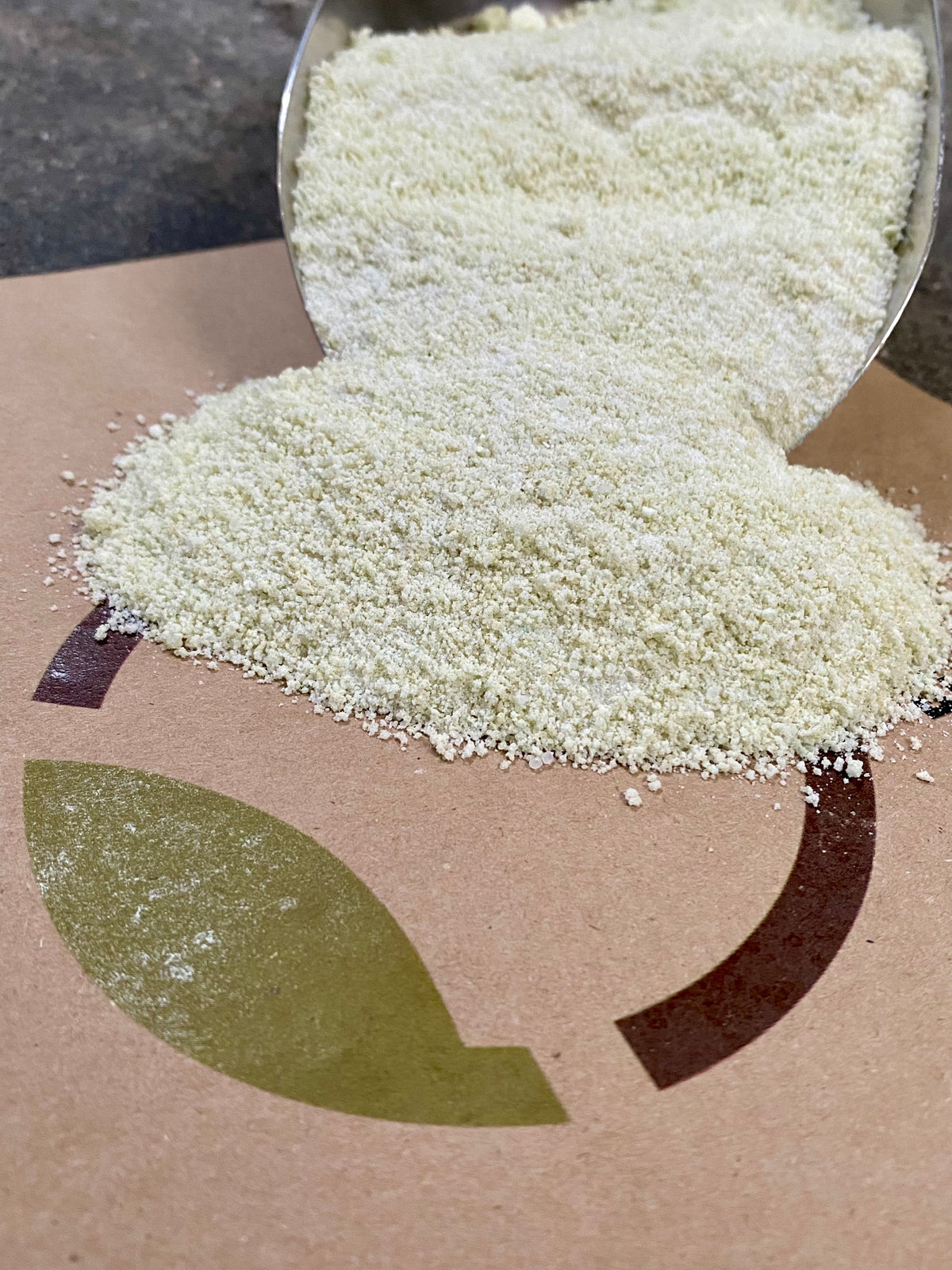Best Fertilizers for Peppers: A Comprehensive Overview to Increase Your Harvest
Best Fertilizers for Peppers: A Comprehensive Overview to Increase Your Harvest
Blog Article
Organic Vs. Synthetic Fertilizers: Which Is Best for Supporting Healthy And Balanced Pepper Plants?
In the realm of nurturing healthy and balanced pepper plants, the selection between natural and synthetic fertilizers stands as a pivotal choice with far-ranging implications. While both choices aim to give crucial nutrients to sustain plant growth, the subtleties of their impact on the soil, plant health and wellness, and the environment stimulate a debate that echoes throughout the gardening community. Understanding the unique advantages and potential pitfalls of each plant food type is crucial for pepper farmers looking for to optimize their yields while preserving an eco-conscious and sustainable strategy.
Advantages of Organic Plant Foods
Organic fertilizers use a lasting and environmentally-friendly strategy to nourishing pepper plants, giving vital nutrients without the usage of synthetic chemicals. These all-natural fertilizers are originated from natural sources such as compost, manure, bone dish, and seaweed, advertising soil health and wellness and biodiversity. Unlike artificial fertilizers, natural choices release nutrients slowly, making certain a consistent and balanced supply for pepper plants to grow.
One significant benefit of organic plant foods is their capability to improve dirt framework and water retention. By boosting soil health and wellness, natural fertilizers advertise beneficial microbial activity, which aids in nutrient uptake by pepper plants. In addition, natural fertilizers decrease the danger of chemical run-off, securing water sources from contamination and securing the atmosphere.
Additionally, organic fertilizers add to long-term soil fertility by advertising the development of helpful dirt organisms. These organisms help damage down natural matter, launching nutrients in a kind that is easily obtainable to pepper plants. best fertilizers for peppers. By cultivating a healthy and balanced soil ecosystem, natural plant foods sustain lasting pepper farming methods that profit both plants and the setting
Disadvantages of Artificial Plant Foods
Artificial fertilizers, as opposed to their organic equivalents, posture various disadvantages when made use of to nurture pepper plants, affecting both plant wellness and environmental sustainability. One major disadvantage of synthetic plant foods is their propensity to seep nutrients from the dirt swiftly. This quick leaching can cause nutrient imbalances in the dirt, causing plants to experience deficiencies or poisonings. Additionally, synthetic plant foods can harm helpful dirt microorganisms, such as earthworms and useful microorganisms, disrupting the soil environment's equilibrium.
Moreover, the overuse of artificial plant foods can contribute to water air pollution. Excess plant foods not absorbed by plants can wash away into water bodies, leading to eutrophication, where algae flowers deplete oxygen levels in the water, damaging aquatic life. Additionally, synthetic fertilizers are typically acquired from non-renewable sources, such as fossil fuels, contributing to carbon emissions and ecological destruction during their production.
Nutrient Absorption Comparison
Effective nutrient absorption plays a crucial role in the total wellness and growth of pepper plants. When comparing artificial and organic plant foods in regards to nutrient absorption, organic plant foods have the benefit of supplying an extra balanced and slow-release resource of nutrients (best fertilizers for peppers). Organic fertilizers have a variety of macro and micronutrients that are not only valuable for the plants yet likewise advertise healthy soil microbial task, which assists in nutrient uptake. On the various other hand, artificial plant foods often supply a quick release of nutrients, which can cause seeping and drainage, leading to lower nutrient absorption rates by the plants.
Additionally, organic plant foods improve dirt framework and water retention ability, permitting pepper plants to gain access to nutrients much more effectively. This improved dirt high quality helps with view it root advancement, enabling better nutrient absorption. Artificial plant foods, although initially boosting plant growth because of their high nutrient concentrations, might impede long-lasting nutrient absorption by degrading soil health and wellness with time.
Ecological Effect Considerations

On the other hand, synthetic plant foods, although frequently even more focused and instantly available to plants, can have damaging effects on the environment if not used correctly (best fertilizers for peppers). Their manufacturing requires high power inputs, leading to greenhouse gas emissions and adding to climate adjustment. Furthermore, the drainage of excess artificial plant foods can pollute water sources, resulting in eutrophication and harming marine ecosystems.
Ideal Fertilizer Practices for Peppers
To accomplish Homepage this, it is crucial to follow ideal fertilizer practices tailored to the particular demands of pepper plants. One essential practice is to do a dirt examination prior to using any type of plant foods.
One more essential technique is to feed pepper plants at the correct time. Generally, peppers gain from receiving plant food at planting and afterwards once again when they start to flower. Over-fertilizing can lead to nutrient imbalances and hurt the plants, so it is vital to adhere to suggested application rates.
Furthermore, picking a balanced fertilizer with an NPK ratio that fits pepper plants' needs is basic. Ultimately, integrating artificial and natural fertilizers deliberately can aid support healthy pepper plants while decreasing environmental effect.
Conclusion

Organic plant foods provide an environmentally-friendly and sustainable strategy to beneficial pepper plants, providing crucial nutrients without the usage of synthetic chemicals. Unlike artificial fertilizers, natural alternatives release nutrients gradually, making sure a constant and balanced supply for pepper plants to thrive.
Artificial plant foods, in contrast to their natural equivalents, posture different drawbacks when More Bonuses used to nourish pepper plants, impacting both plant health and wellness and ecological sustainability. When contrasting organic and artificial fertilizers in terms of nutrient absorption, natural fertilizers have the benefit of offering a much more balanced and slow-release resource of nutrients.Moreover, organic plant foods improve soil framework and water retention capability, permitting pepper plants to accessibility nutrients a lot more successfully.
Report this page